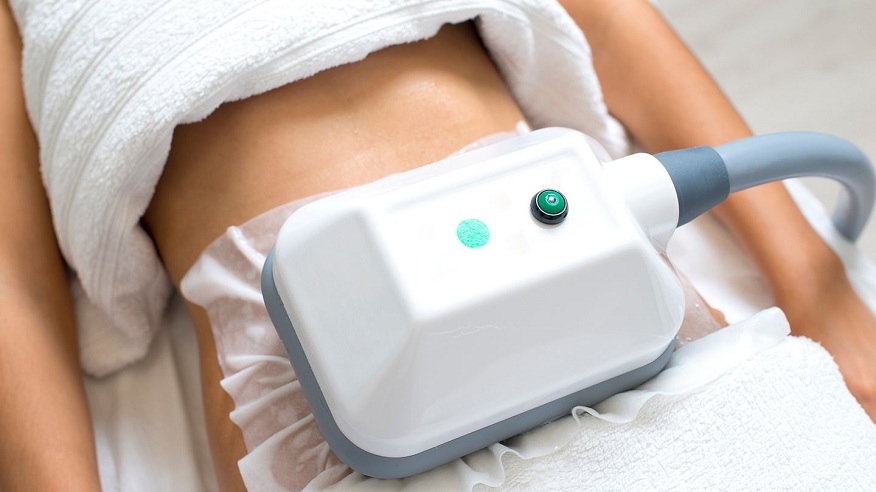The Impact of Hearing Aids on Mental Health and Well-Being
Hearing loss is more than just a physical illness; it affects many facets of one’s life, including mental health and overall well-being. The introduction of improved hearing aid technologies, such as Starkey hearing aids, has had a tremendous impact on how people deal with the issues of hearing impairment. In this essay, we will look at the tremendous impact of hearing aids on mental health and welfare.
Breaking the Social Isolation Barrier
Social isolation is a huge contributor to mental health issues in people with hearing loss. Difficulty understanding conversations might lead to withdrawal from social activities, exacerbating feelings of isolation and melancholy. Hearing aids are an effective tool for breaking down this barrier since they improve communication and allow people to actively participate in social situations.
Increasing Confidence and Self-Esteem
Untreated hearing loss frequently reduces confidence and self-esteem. Fear of misunderstanding or mishearing talks can result in self-isolation and avoidance of social interactions. The usage of hearing aids, such as Starkey hearing aids with advanced features, boosts confidence by improving communication clarity. As people regain the ability to actively participate in conversations, their self-esteem rises significantly.
Relieving Cognitive Stress
Individuals with hearing loss must exert significant cognitive effort to hear and interpret conversations. The persistent attempt to absorb auditory information might result in mental weariness and cognitive decline. Hearing aids reduce the strain by amplifying sounds and enhancing speech clarity. This, in turn, promotes cognitive health and assists individuals in maintaining mental sharpness.
Improving Emotional Well-being
The emotional impact of untreated hearing loss is significant, frequently resulting in increased stress, worry, and frustration. Hearing aids contribute significantly to emotional well-being by minimising communication difficulties. Individuals who have clearer and more easy interactions are better able to manage emotional pressures, resulting in a more pleasant overall mood.
Improving the Quality of Sleep
Individuals with hearing loss may be more sensitive to environmental sounds or have difficulty communicating at night, which might interrupt their sleep habits. Some Starkey hearing aids include functions such as sound masking or relaxation programmes, which contribute to a more comfortable sleep environment. Improved sleep quality has a direct positive effect on mental health and daily functioning.
Fostering Meaningful Relationships
Meaningful relationships depend on effective communication. Hearing aids help people communicate more clearly and effectively, allowing them to connect with their loved ones on a deeper level. The ability to share experiences, engage in conversations, and participate in social activities promotes a sense of belonging and improves emotional and mental well-being.
Mitigating the Risk of Depression
Untreated hearing loss has been associated with an increased incidence of depression. The difficulties connected with poor communication skills and social isolation might lead to a negative cycle of feelings. The use of hearing aids breaks this loop by giving a tangible remedy to communication difficulties, lowering the risk of depression.
Supporting Overall Brain Health
The link between hearing and brain health is well known. Untreated hearing loss has links to an increased risk of cognitive decline and dementia. Individuals who use hearing aids actively activate their auditory pathways, which promotes overall brain health and lowers the risk of cognitive impairments.
Empowering Independence
The ability to hear and understand one’s surroundings is critical to freedom. Hearing aids enable people to navigate daily activities, such as attending work meetings, socialising, and engaging in leisure activities. This sense of independence fosters a good outlook and promotes general mental health.
Encourage Proactive Health Management
Hearing aids are frequently used as part of a proactive approach to health management. Individuals who address hearing loss using technology such as Starkey hearing aids display a dedication to their entire well-being. This proactive mindset extends beyond hearing health to favourably impact lifestyle choices and overall health management.
Conclusion
Hearing aids have a significant impact on mental health and well-being, extending far beyond the physical restoration of hearing. Hearing aids help to break down social barriers, enhance confidence, reduce cognitive strain, and create meaningful relationships, all of which contribute to a more happy and satisfying existence. As technology advances, firms such as Starkey are at the forefront of developing creative solutions that not only address hearing loss but also improve the entire mental health and well-being of those looking to reconnect with the world of sound.



